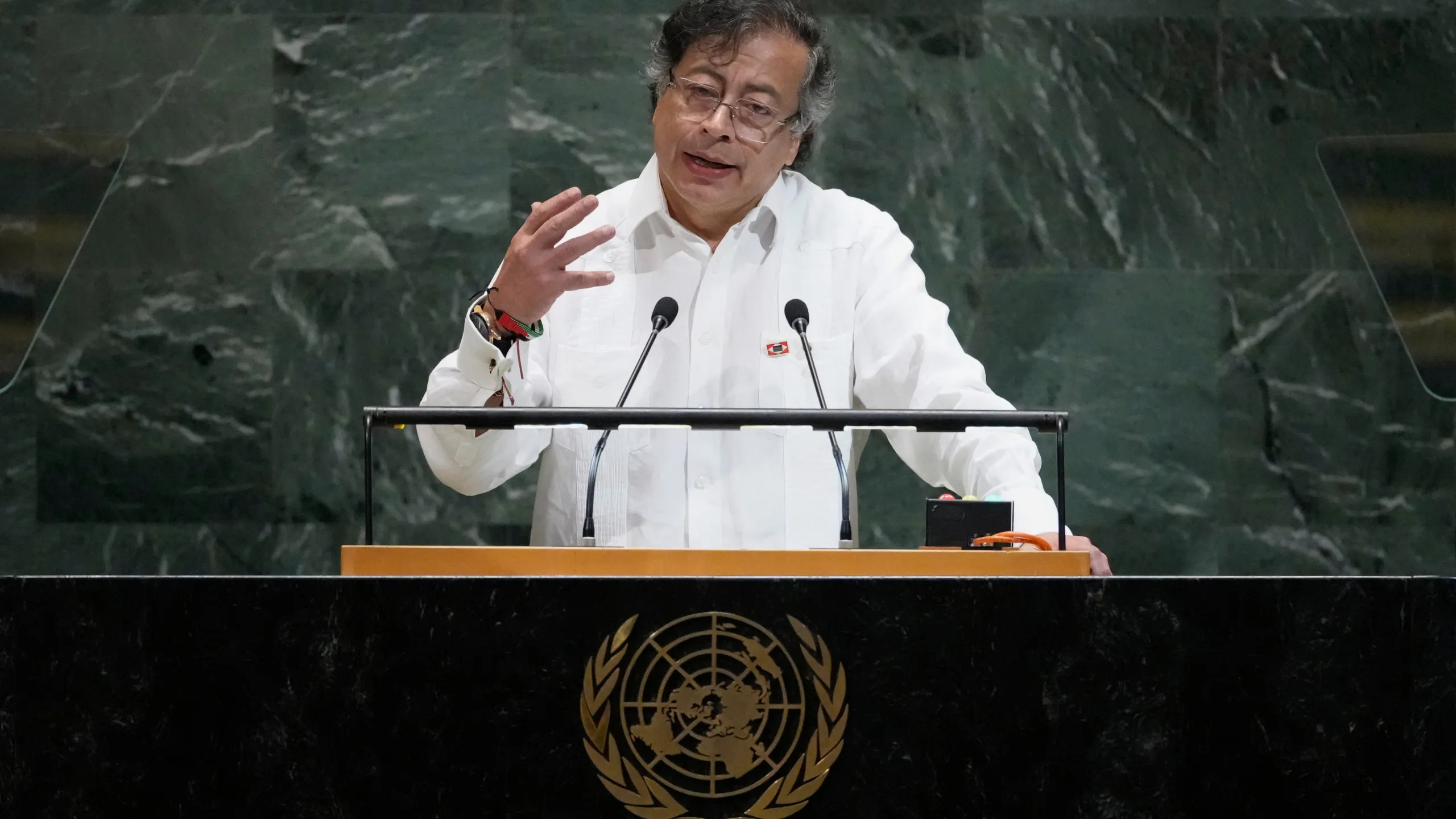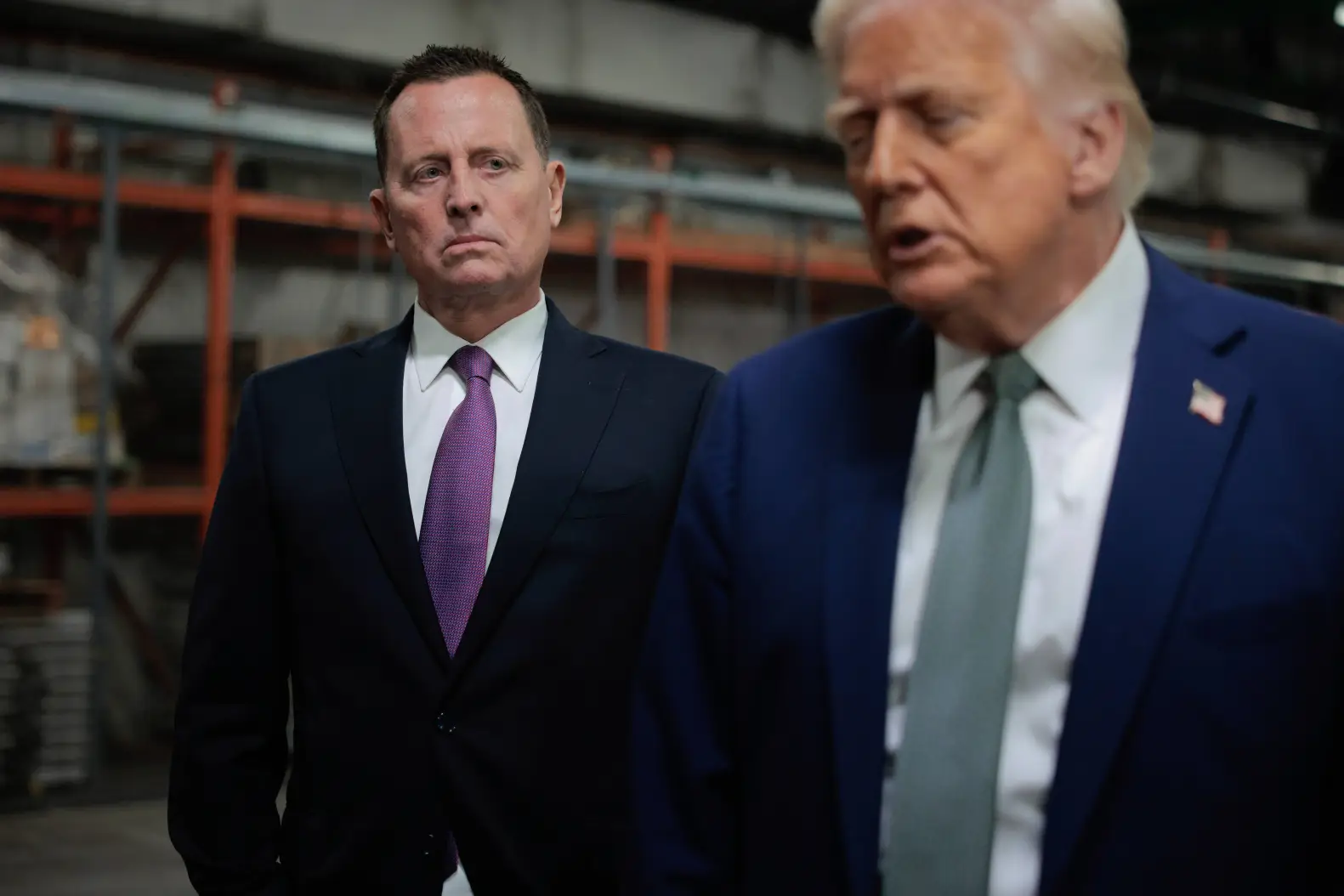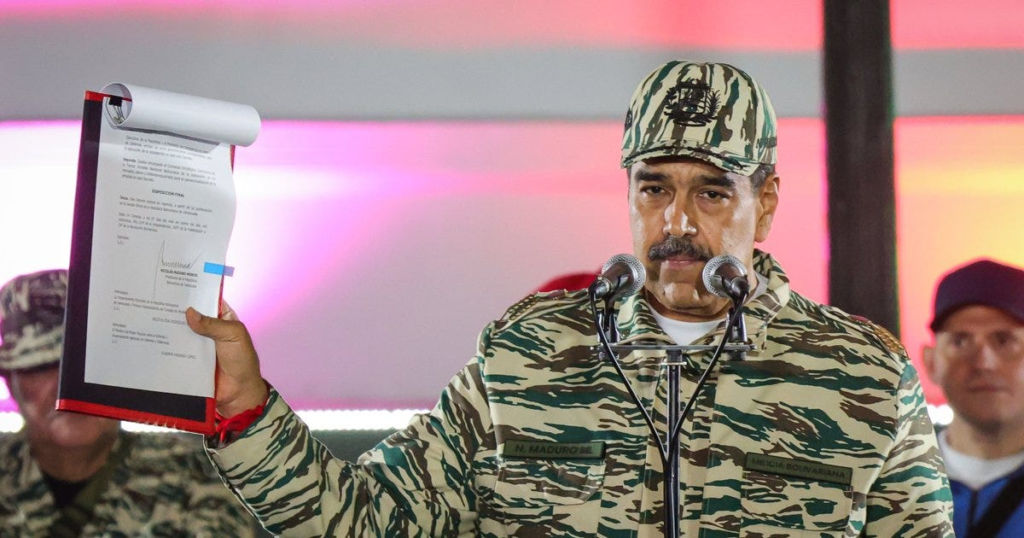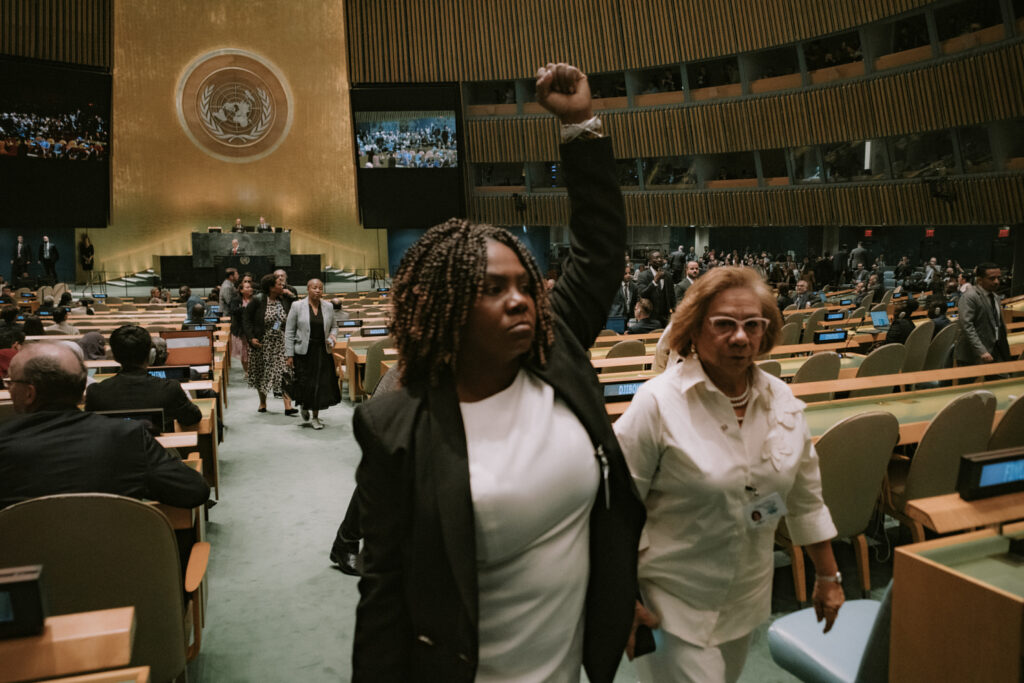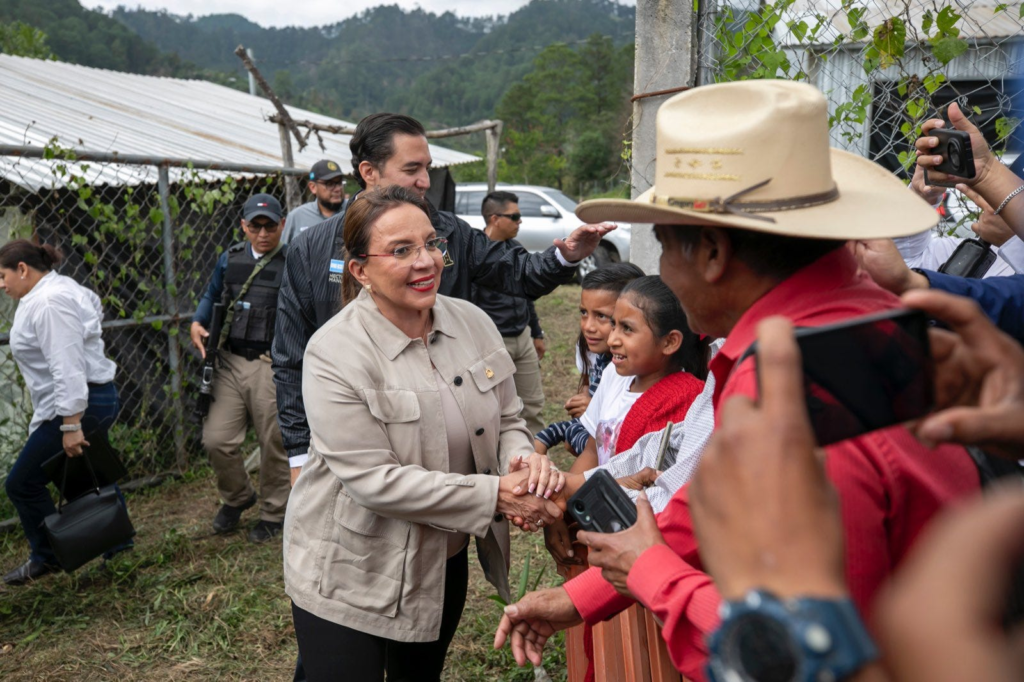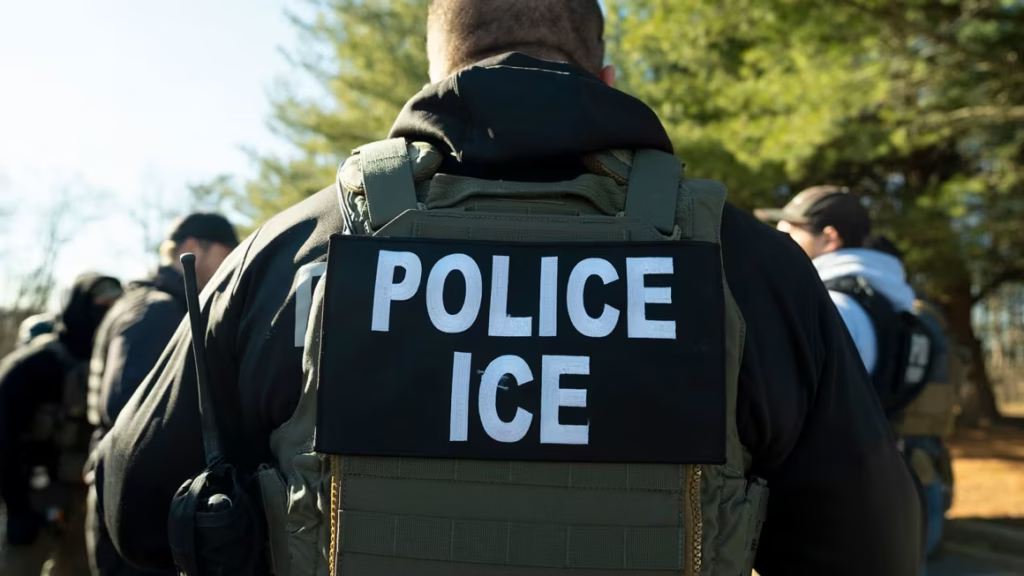San Salvador, June 1, 2025 – On Sunday the 1st of June, 2025 the President of El Salvador Nayib Bukele will mark the start of his second term in office with an Message to the Nation at the Teatro Nacional, or National Theatre in the capital of San Salvador.
Bukele was first elected as the 81st President of El Salvador in June 2019 and embarked on a controversial six-year term that garnered the attention of neighboring nations throughout the region, and far-flung countries the world over for his strongman crackdown on violent crime and a criminal element that ravaged the Salvadoran republic for years.
The young, ambitious President of El Salvador initially sparked concerns over his pressure on the nation’s Supreme Court of Justice to overturn in 2021 a previously held amendment in El Salvador’s constitution that prohibited a president to serve two consecutive terms in office.
Criticism was largely based on the left, and approval was largely leaned to the right.
Bukele then declared a state of emergency throughout the territory in March of 2022 – one that is still to this day in effect – and began rounding up known and suspected gang members of the vicious transnational criminal organization now infamously known as MS-13, a group that terrorized El Salvador’s residents for nearly two decades, extorting, robbing, and killing their way to impunity.
Critics and dissenters however, from Western governments and civil society organizations have condemned Bukele’s tactics, called mano dura, or iron fist, as impeding on the civil liberties and human rights of Salvadoran citizens who have been picked up in police sweeps conducted throughout the cities, villages and hamlets, and detained in what Human Rights Watch declared “indiscriminate raids” by security forces and held without trial based on mere suspicion of affiliation.
More conservative governments on the other hand, namely the populist right-wing political sentiments like the more notable Donald Trump Republican Party in the U.S. are now gaining ground in Europe and the Western Hemisphere, expressing their support for such heavy-handed policies like those in El Salvador, bolstered by a demand for the restoration of law and order and backed by the reenforcement of national border security and a reduction in mass migration.
Bukele has made efforts to align himself politically and strategically with the U.S. President who has vocalized his approval for El Salvador’s new trajectory, and its president’s wholesale eradication of the country’s violent gang epidemic that during 2015 ranked the nation as the murder capital of the entire world.
More recently, El Salvador and Bukele made international headlines when the Central American government had agreed to intake hundreds of known and alleged members of the criminal gangs MS-13 and Venezuela’s ruthless Tren de Aragua. Members who the U.S. State Department has claimed are illegally residing on U.S. soil.
Opponents of the Salvadoran regime criticized the administration for the alleged inhumane detainment of prisoners, and for housing them in the country’s notorious Terrorism Detention Center known as CECOT, located outside of the small town of Tecoluca in central El Salvador.
Several countries throughout the region that have experienced their own violent crime epidemics including, Guatemala, the Dominican Republic, Argentina, Peru, Ecuador and Costa Rica are now looking to the “Bukele model” to implement their own respective anti-crime campaigns in an effort to restore the trust of their citizens by ensuring their nation’s internal security.
Sunday’s Message to the Nation is expected to be a national presentation of El Salvador’s return to its historic greatness as an Isthmian powerhouse. Bukele will likely showcase the administration’s achievements since taking power. These include of course, the noticeable reduction in the nation’s crime, increased employment, new economic growth, expanding tourism, and an infusion of foreign investment all likely to be presented as a result of a nation’s return to confidence and stability, byproducts of the newest safest country in the region.



